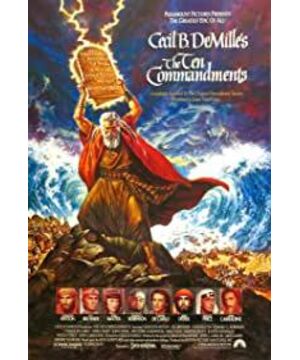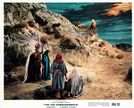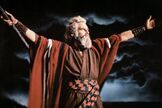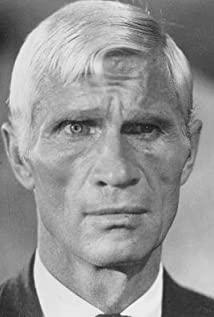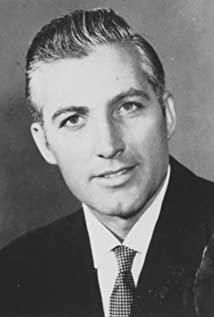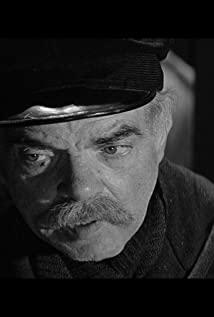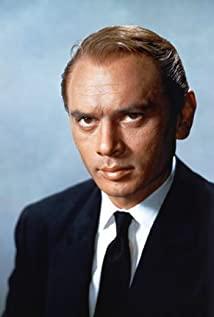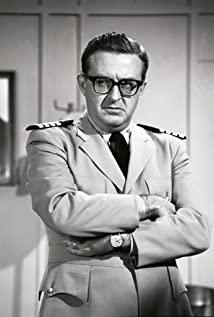It was the most expensive film in film history that year (reconstructing ancient Egyptian cities, with tens of thousands of extras), but it also squeezed into the top ten in the film history box office rankings (including the total revenue of four successive releases), so Paramount still made a profit.
It did not faithfully follow the Old Testament's "Exodus", but widely adopted other novels and historical materials. The final version is very epic, with many real or legendary characters and events vividly remembered: Moses, the protagonist who always sticks to his conscience, from doubt to faith, and Ramses II, the domineering pharaoh who loves the country. Queen Nefertari, who loves Moses more but hates because of her love, the loyal, brave and handsome good man, the role model of Israel's national hero, Joshua, the lecherous and selfish traitor, Dathan, God's sanctification, the ten plagues, the origin of the Passover (kill the head) Sons), the Red Sea, the covenant of Mount Sinai, Aaron and the golden calf he created, etc. Well-thought-out lines are a highlight, and the Wumao special effects that seem to be at the time were a big deal at the Oscar level (and the only Academy Award for the film). 1956's The Ten Commandments was the last film of the great Cecil DeMille (he also made a silent version thirty years earlier) and the culmination of his life's achievements (the old man is still out before the opening). chatted twice). In fact, "Ben-Hur" three years later wanted to come to him, but his body was not good at that time, and he could only watch William Wheeler and his old friend Charlton Heston (also in this film). starring) to create greater brilliance.
View more about The Ten Commandments reviews


